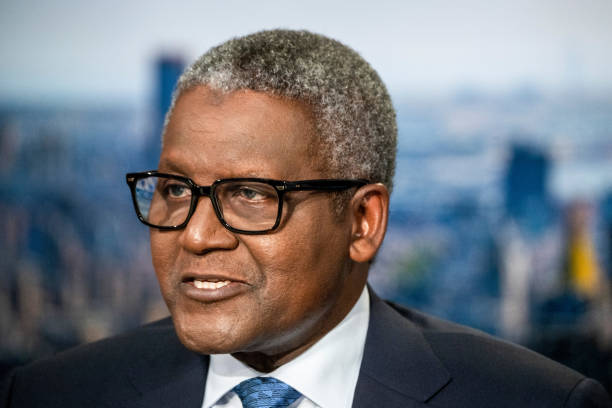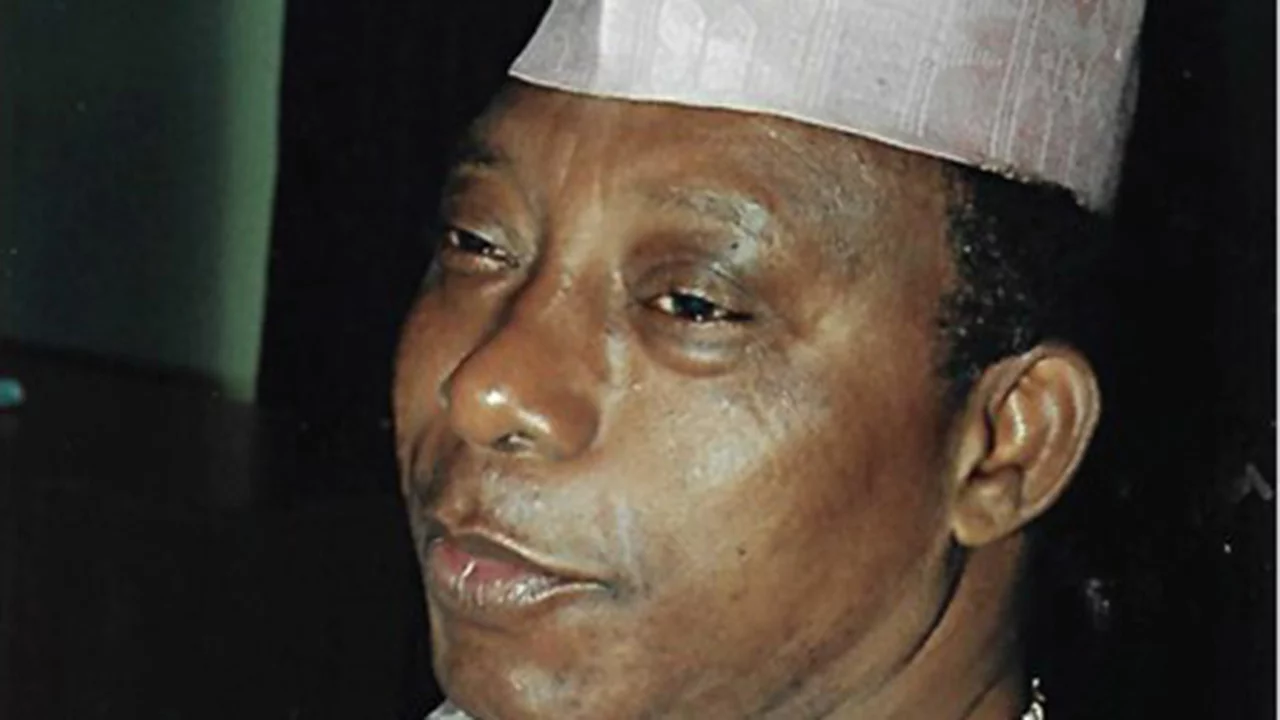Since 1999, the powers of the President have grown like an oak tree. The President not only controls the central government but also the party to the extent that he hires and fires his ruling party chairmen at random. The ruling party’s headquarters is now like a department of The Presidency. We no longer hear of party’s convention, which used to be the annual pilgrimage of faithful party delegates where key party officers are elected. Emergency meetings of the governors with the President and those selected by the President, have now replaced the party’s annual conventions. This is a new development.
Section B of the Third Schedule of the 1999 Constitution affirms that the Council of State shall “advise the President” among other things, on the award of National Honours. I am not sure that the Council has been allowed to play that role of late. The President seems to be the Council of State now. What we are witnessing is the hawking of National Honours irrespective that there is an existing committee, a screening committee charged with that schedule.
Incidentally, the current screening committee on National Honours was inaugurated on November 27 last year under the chairmanship of Justice Sidi Dauda Bage (69), the 17th Emir of Lafia in Nasarawa state, who is also a retired Justice of the Supreme Court. Other members of the screening committee are Mrs Farida Waziri, former chairman of the EFCC, Alhaji Muhammadu Jafar, Alhaji Bello Ison and Chief Inikio Dede.
The Committee has been in existence since October 1963 under the National Honours Act Cap N 43 of the Federation. It was established by Sir Abubakar Tafawa Balewa (December 1912 – 15 January 1966), the first and only Prime Minister of Nigeria upon independence.
Another threat I have observed is the deployment of the military to quell civil matters.
On November 20, 1999, President Obasanjo authorised the deployment of military troops to Odi to quell riots without recourse to the National Assembly contrary to Section 217 (2) C of the 1999 Constitution which requires firstly for some conditions to be prescribed by an Act of the National Assembly for the use of the Military in that regard. He justified the invasion.
Between October 20 to 24, 2001, President Obasanjo, ordered the military invasion to Zaki-Biam in Benue state. The action was a surreptitious operation of the Nigerian army to avenge the killing of 19 soldiers, whose mutilated bodies were found on 12 October 2001, near some Tiv villages in Benue State. The action took place in villages including Gbeji, Vaase, Anyiin, Iorja, Ugba, Tse-Adoor, Sankera, Kyado and Zaki-Biam.
President Obasanjo justified the two invasions.
He replied “When the unfortunate incidents in Odi and Zaki-Biam escalated beyond the capacity of the Nigeria Police Force to control, I decided to deploy the Army to assist the Nigeria Police in restoring order as not only were properties being destroyed on a large scale, civilians and law enforcement agents were also being killed.
In the case of Odi, four policemen a total of seven soldiers deployed there on law enforcement and peacekeeping duties were killed. The Governor of the State, who is also the Chief Security officer of the State, had reported his inability to contain the rapidly escalating lawless situation. It was only after these developments that additional troops were sent to restore law and order.
No responsible Government will fold its hands and allow such a situation to continue unchecked. In authorising the deployment of the Army to the affected areas, I was guided by the provisions of the Section 218 (1) of the 1999 Constitution and Section 8(1) of the Armed Forces Act No. 105 of 1993.
Section 218 (1) of the Constitution provides that “the powers of the President as the Commander-in-Chief of the Armed Forces include power to determine the operational use of the Armed Forces”. Likewise, Section 8(1) of the Armed Forces Act No. 105 of 1993 vests power in me “to determine the operational use of the Armed Forces.”
Subsection (3) of this Section defines “operational use of the Armed Forces” to include the operational use of the Armed Forces in Nigeria for the purpose of maintaining and securing public safety and public order. I am also empowered by Subsection (2) to issue general or special directives to delegate responsibility for the day-to-day operational use of the Armed Forces to the Chief of Defence Staff and the respective Service Chiefs. In the exercise of these powers, I am nor required either by the Constitution or the Armed Forces Act No. 105 of 1993 to have recourse to the National Assembly. This allegation is, with due respect, to totally misconceived and the use of the term “massacre” is particularly offensive and inciting.
In addition, I have power under Section 217 (2)(c) of the Constitution to deploy troops in aid of civil authorities. I deciding whether or not to do so I need not consult the National Assembly.
The National Assembly is not required to prescribe conditions for the operational use of the Armed Forces under Section 8 (1,2, &3) of the Armed Forces Act No. 105 of 1993 (now deemed to be an Act of the National Assembly). Once I have exercised any power to deploy troops, those troops are to be governed in their conduct by conditions laid down by the National Assembly.
In my judgment I have ample powers under the existing law to act as I did. In any event, under our Constitution both the Executive and the National Assembly can initiate necessary bills.
The necessity for troops in aid of civil authority arises only after the police have failed. Such situations demand urgent and decisive action to maintain Law and Order and save lives and property.
The National Assembly has neither enacted a new law nor amended the existing law prescribing any such conditions. Similarly, the Armed Forces Act’ No. 105 of 1993, which is an existing Law and deemed to be an Act of the National Assembly within the contemplation of Section 315 of the Constitution, is what we have as guide on these conditions. And, as the President of the nation, I am under the obligation to ensure the security and safety: of lives and property of the citizenry in any part of the nation.
Undoubtedly, it was not the intention of the framers of the Constitution that a Section of the country that is engulfed in crisis be allowed to degenerate and be destroyed only because the National Assembly is yet to enact an Act prescribing conditions under which the Armed Forces would operate when called upon to act in aid of civil authorities.
And if the National Assembly has to enact laws for each situation the affected areas would have been completely destroyed before the Law is enacted. The deployment of soldiers to Odi and Zaki-Biam where nineteen soldiers were decapitated with the loss of many civilians’ lives was for the purpose of assisting police to restore order.
This was done within my constitutional powers and in absolute good faith with the aim of containing the worsening situation in the areas in the interest of security and to maintain law and order and save lives and property.”
Teniola, a former Director at the Presidency wrote from Lagos.






